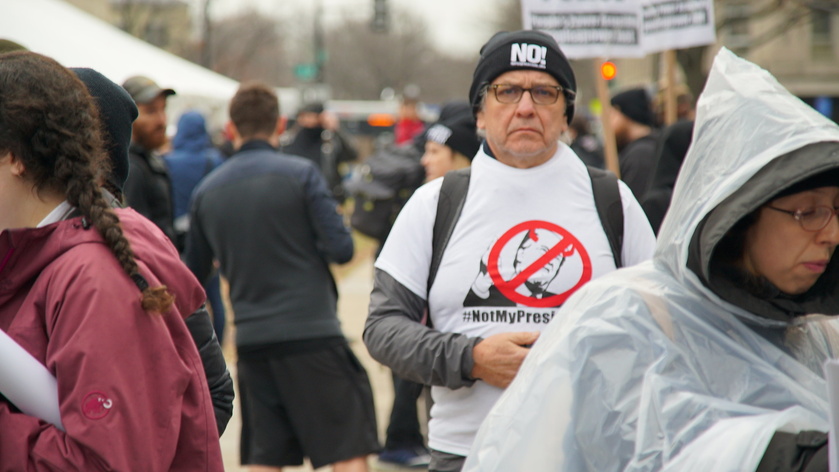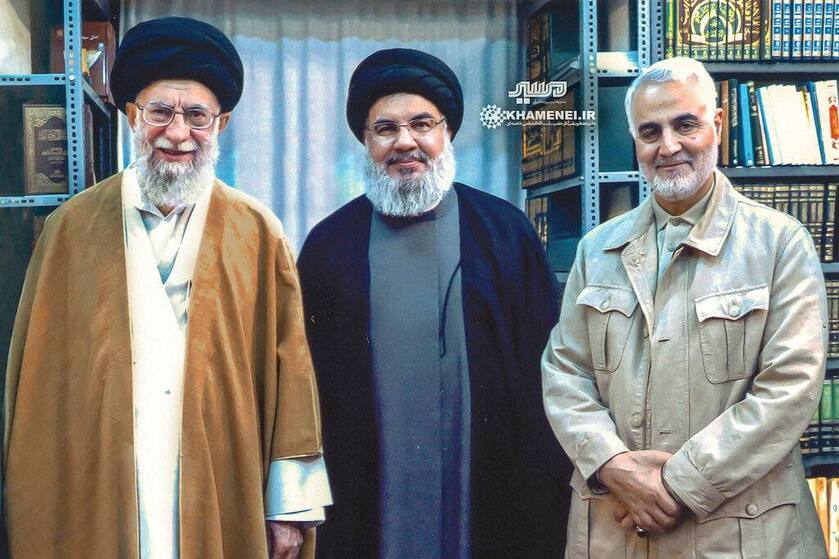Understanding the Cloward-Piven Strategy
The Cloward-Piven strategy might sound like complex political jargon, but it's a concept that's worth understanding, especially when considering current U.S. government actions. Let’s break it down in straightforward terms.
What’s the Cloward-Piven Strategy?
Developed in the 1960s by sociologists Richard Cloward and Frances Fox Piven, this strategy is essentially about creating a crisis to force political change. Imagine a factory where workers keep demanding more and more - higher wages, better conditions, more breaks. If the demands become too much for the factory to handle, it could lead to major changes in management or operations.
Applying This to U.S. Government Actions
Some folks argue that the way the U.S. government is handling certain things mirrors this strategy. Let’s look at three key areas:
1. National Debt: Think of this like a household that keeps spending way beyond its means. Eventually, the bills pile up too high, and something’s got to give. If the government keeps racking up debt, it could lead to a big financial mess.
2. Immigration Policies: Picture a small town suddenly getting an influx of new residents but without the infrastructure to support them. If immigration isn’t managed properly, it could overwhelm the system, stretching resources thin.
3. Global Wars and Crises: This is like a contractor taking on too many jobs at once. If the U.S. is involved in too many conflicts abroad, it could drain our resources and focus.
Is the Government Really Using This Strategy?
That’s a hot topic. Some believe these actions are deliberately pushing the country towards a crisis, in line with the Cloward-Piven approach. Others think it's more about poor management or other factors, not a deliberate strategy. More incompetence than malevolence. What’s clear is that government decisions can have big impacts, intentional or not.
In plain terms, the Cloward-Piven strategy is about forcing change by overwhelming a system, whether it’s a government or something else. When we look at issues like national debt, immigration, and international conflicts, some people see a pattern that fits this strategy. Whether it's intentional or just a result of different factors is a matter of debate.



















